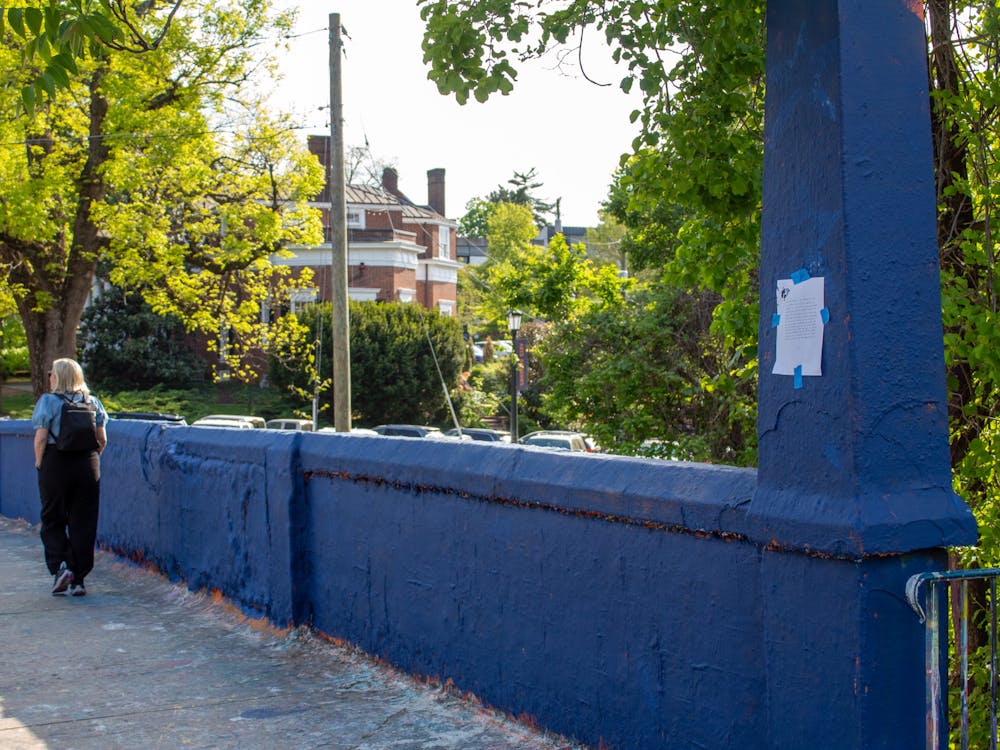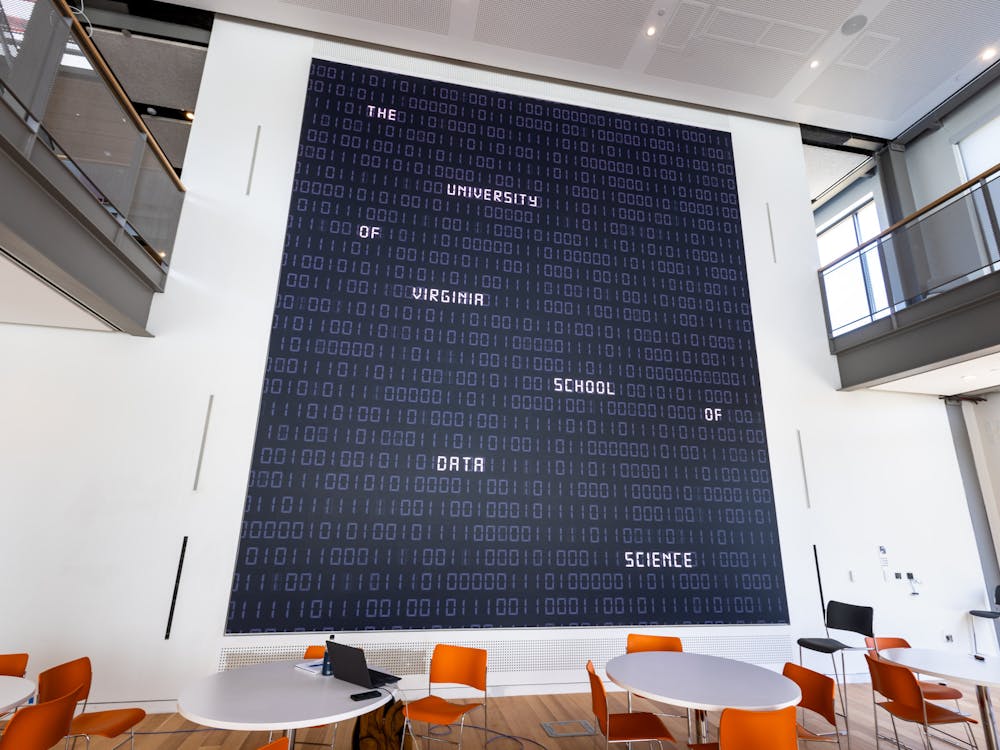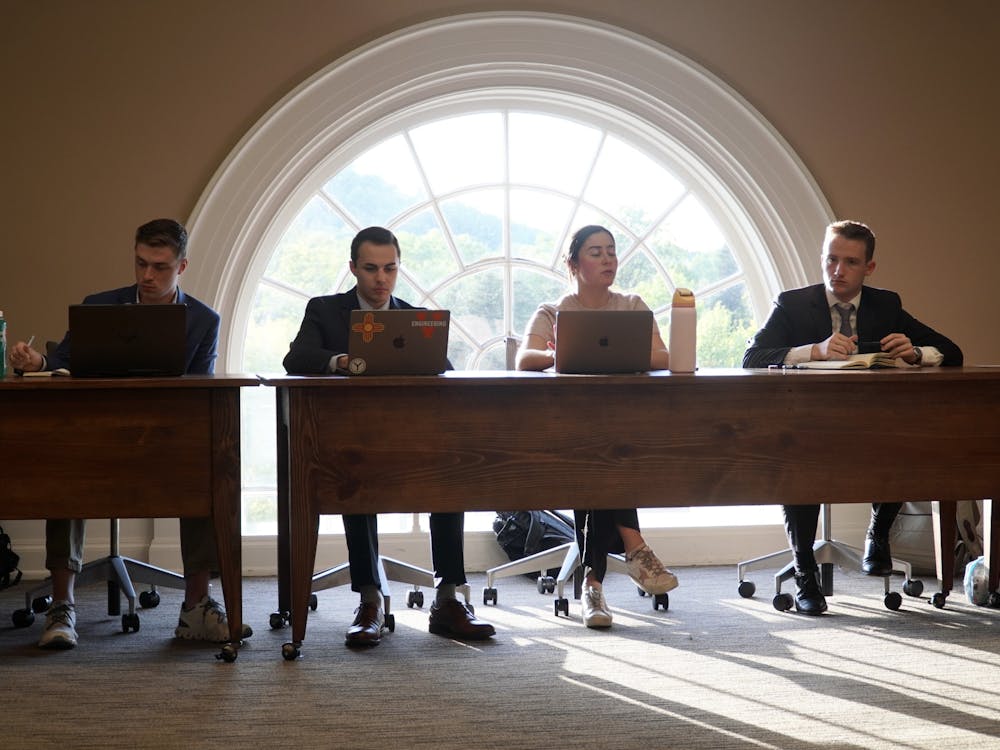Proposed regulations of the U.S. Defense Department and expected future regulations of the U.S. Commerce Department could prevent foreign-born students and technicians from working with sensitive technology in university laboratories.
The Department of Defense issued a notice of proposed rulemaking in July based on the Inspector General's report on export controls. The Commerce Department issued a similar advanced notice of proposed rulemaking and received responses this month, The New York Times reported earlier this week.
The concern is the export of knowledge from universities to foreign countries, according to Federal Relations Officer Amy Scott of the Association of American Universities.
The proposed regulations of the Commerce Department would require foreign researchers working on a controlled piece of equipment to apply for a deemed export license.
"These policies don't represent a new position, more the tightening of the old position," said David Hudson, University associate vice president for research and graduate studies.
Hudson said the fundamental research exemption allows that all research that can be published freely will not be applicable under these restrictions.
"The basic cornerstone is open publication," Hudson said. "As long as we can continue to make use of the fundamental research exemption, these don't represent substantial changes."
The AAU, an association of 62 leading research universities in the United States, including the University, sent statements to both the Defense and Commerce Departments expressing concern that the regulations might strain research.
The basis for determining foreign status is the country of birth.
"The problem is you may have been born in Pakistan, but you grew up in the United States and don't have any allegiance to Pakistan," Scott said. "It implies an assumption that because you were born somewhere you have some allegiance to that country."
The list of controlled equipment is "the size of a phonebook," Scott said, and access to different pieces of equipment varies based on country.
The Department of Commerce received over 300 comment letters on its advanced proposal and is in the process of reviewing the policy. A notice of proposed rulemaking should be issued generally later this winter, Scott said.
"We want to stress the fact that universities are interested in compliance," Scott said. "We also understand that closing our borders to foreign nationals could also maybe hurt us in the long run. We believe they have taken to heart some of our suggestions and will come out with a proposal that is more beneficial."
The notice of proposed rulemaking issued by the Department of Defense focused on export control of information and technologies. The proposal requires each contract universities sign when working on a project with the Department of Defense to include a clause that no unauthorized disclosure of information would occur.
The Department of Defense proposal would also require universities to badge foreign nationals and segregate pieces of equipment.
"This runs contrary to the open culture of collaboration that university labs have," Scott said. "It's also discriminatory towards certain people."
Hudson said the restrictions would have to be requested by the sponsors and research programs would be able to turn down assistance.
"You might imagine some projects one thought the topic was worthy of secrecy," he said. "The difficulty comes when the sponsors begin insisting on it."
Hudson said programs would still be free not to accept restrictions and would make an effort to do so.
"It's important to point out that we are doing everything we can to comply fully with all applicable statutes and that we do so in a way that facilitates open and free exchange of ideas with our students and colleagues from other countries," Hudson said.




